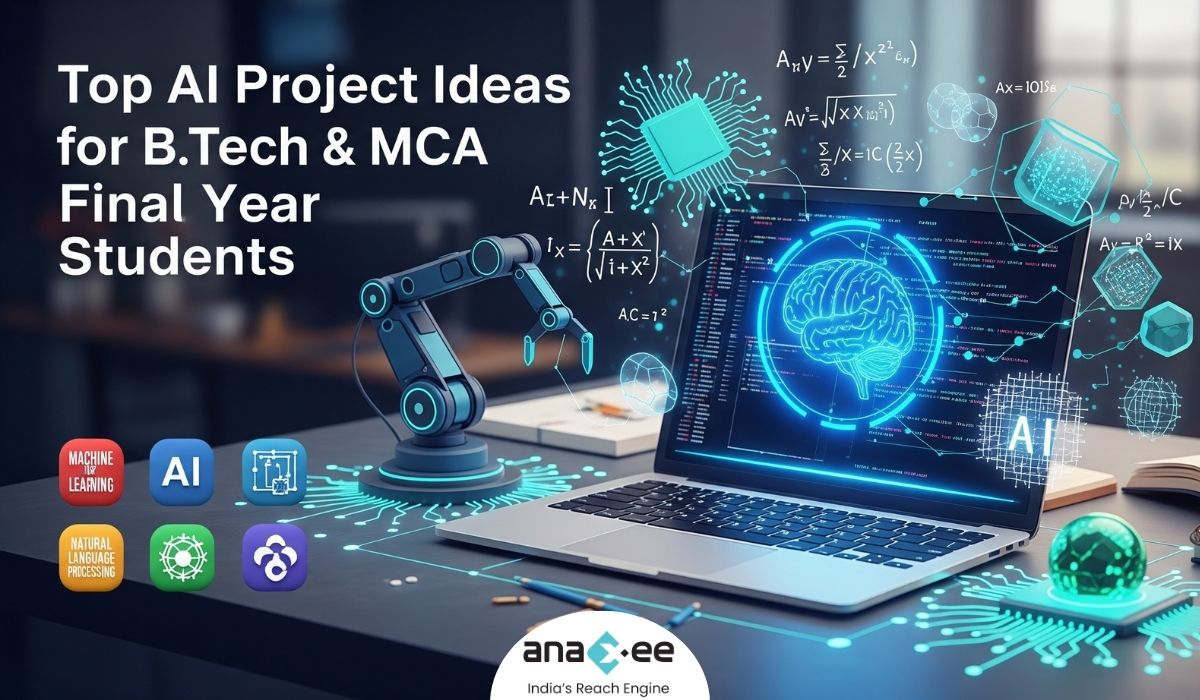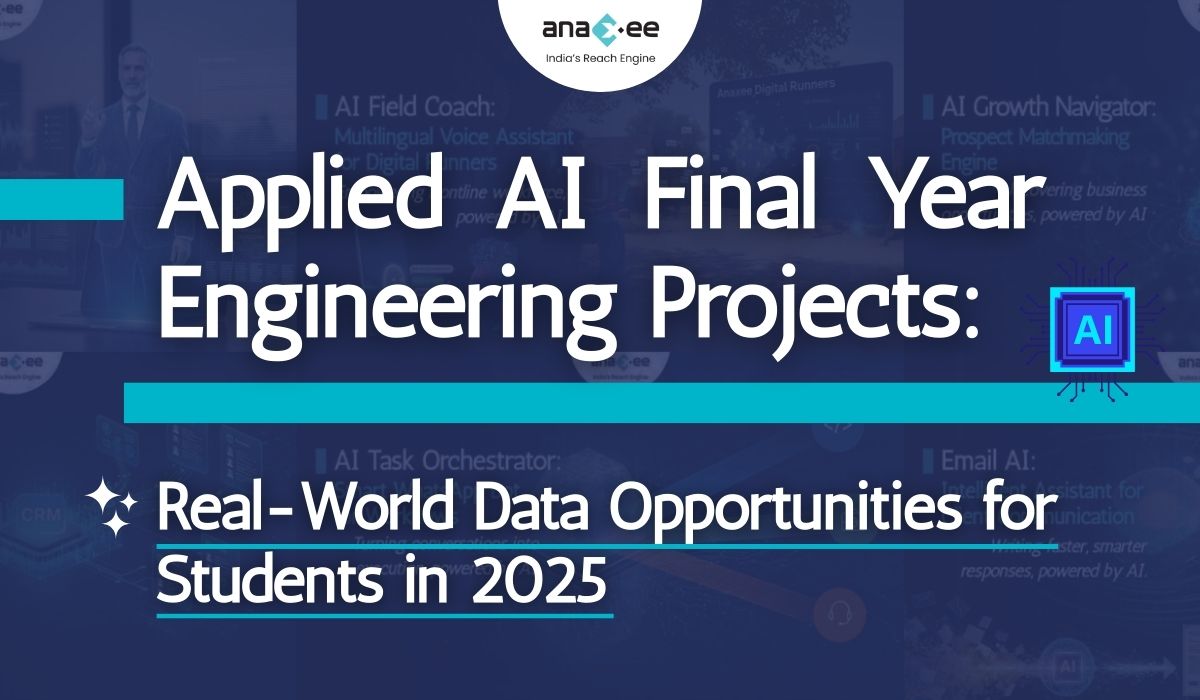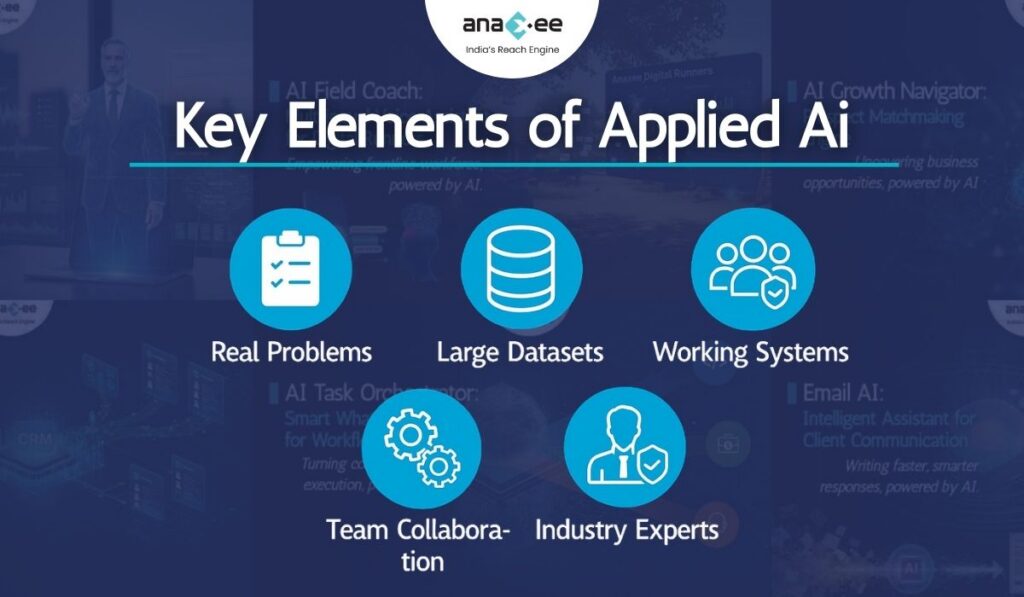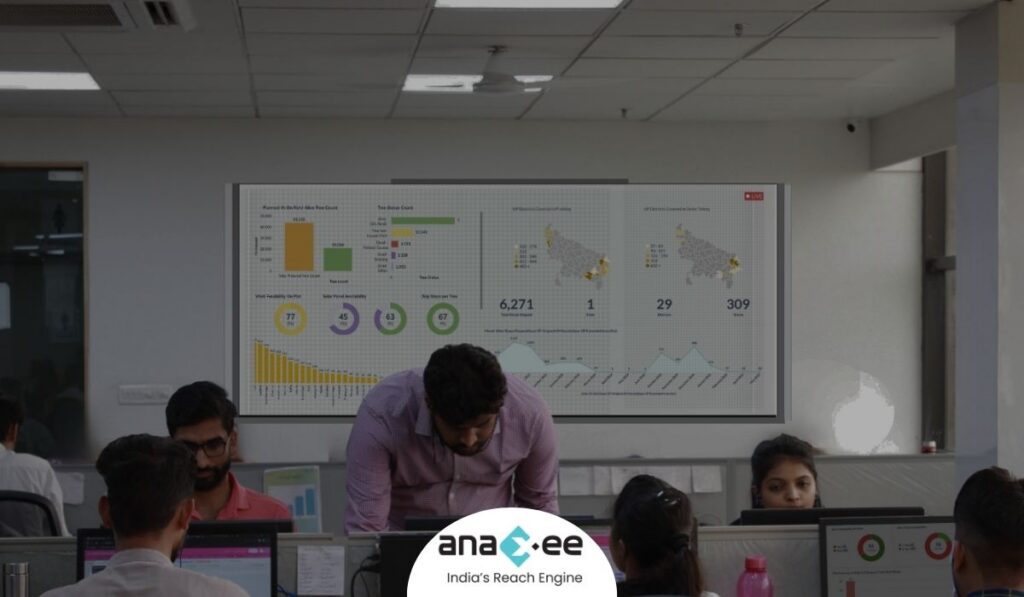Final Year AI Project Ideas for BTech & MCA Students in 2025 – Work with Real Datasets
If you’re in your final year of BTech, MCA, MTech, or BE, chances are you’ve already typed “final year AI project ideas” into Google. You’re not alone. Every year, thousands of students across India look for project ideas that are innovative enough to impress professors, while also being practical enough to finish before deadlines.
But here’s the problem: most of the “AI project ideas” you find online are either outdated, basic, or overused. You’ll see the same old chatbot, face detection, or sentiment analysis projects again and again. Recruiters and faculty have seen these hundreds of times.
So how do you find a project idea that’s fresh, industry-relevant, and career-boosting? The answer lies in working with real-world datasets and applied AI problems.
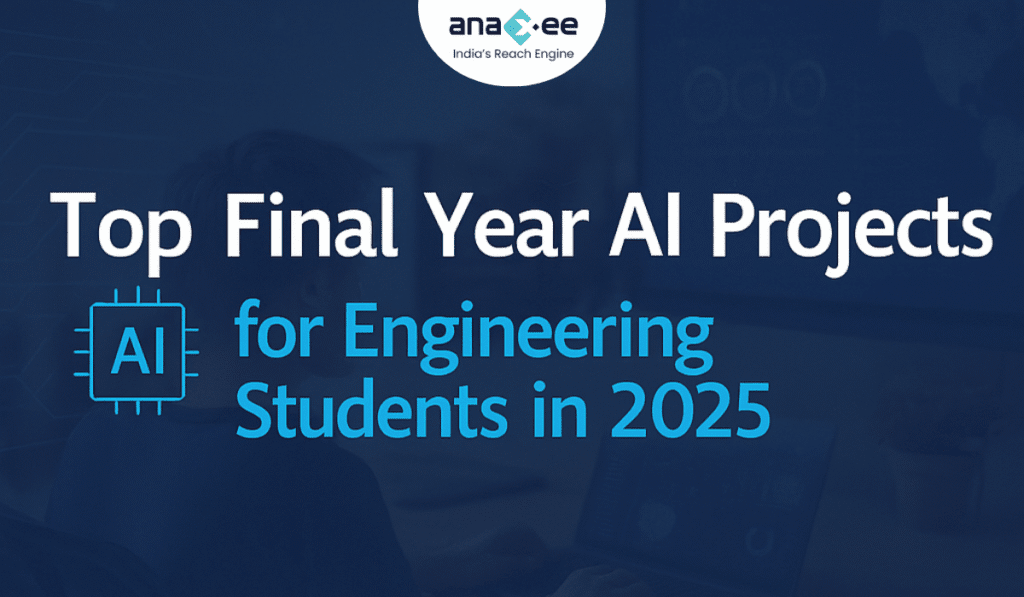
Why Regular Project Ideas Don’t Work Anymore
Let’s break it down.
-Too Generic: A “chatbot for college” is no longer impressive in 2025.
-No Real Data: Most student projects use toy datasets (like 1000 rows of CSV data from Kaggle).
-No Deployment: The project ends with a demo, not an actual working system.
-Copy-Paste Culture: Many projects are straight lifts from GitHub.
This is why most students feel nervous in placements when asked: “Tell me about your project.”
The New Standard: Applied AI + Real Datasets
What companies are really looking for today is applied AI — projects that don’t just stay in code, but actually solve real problems.
And to do that, you need access to real datasets.
Imagine projects like these:
-A voice AI that understands multiple Indian languages and accents.
-An AI system that can automatically filter out poor-quality data before it enters a company’s database.
-A WhatsApp bot that assigns and tracks tasks using natural language commands.
-An AI assistant that drafts emails for busy professionals.
-An AI recruiter that interviews candidates with consistency.
Now imagine being able to say in your resume that you worked on such a project — trained with terabytes of real data collected over nine years. That’s exactly the opportunity that Anaxee offers.
Introducing: Anaxee’s Applied AI Residency 2025
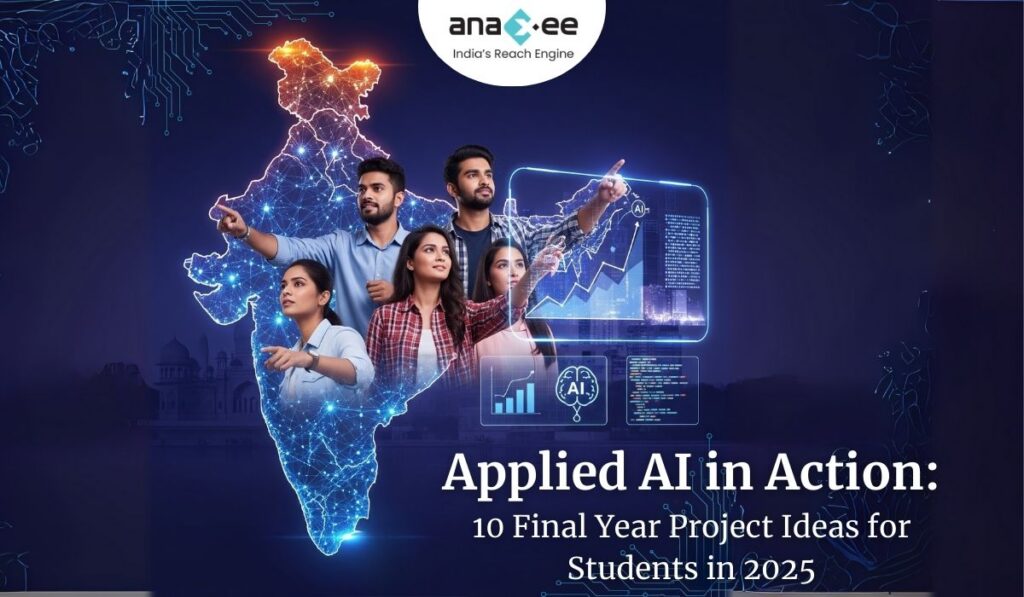
Anaxee Digital Runners, based in Indore, has launched the Applied AI Residency 2025 for students in their final year.
This program allows you to:
-Choose your final year AI project from real industry problems.
-Work with large datasets (audio, video, images, text, surveys, emails, Zoom recordings).
-Get mentorship from industry professionals and guidance for academic approval.
-Build a working AI product that goes beyond a classroom assignment.
It’s not just about “ideas” — it’s about turning those ideas into deployable AI systems.
Who Can Apply?
This opportunity is open to:
-Final year and pre-final year B.E./B.Tech students.
-M.E./M.Tech students.
-MCA final year students.
Students pursuing related technical programs.
Basically, if you need a final year project in AI, this is designed for you.
Why Students Should Consider This Program
Solve Real Problems
No more recycled project topics. You’ll be solving problems that businesses actually face.Access to Large-Scale Data
Datasets collected from across India — including voice, images, and survey data — give you the chance to work at scale.Mentorship Support
Learn not just coding, but also data handling, deployment, and project execution.Portfolio Building
Instead of just saying “built a chatbot,” you can say “developed a multilingual AI assistant tested on thousands of real conversations.”Career Boost
Recruiters love students who show they can bridge theory and practice.
Examples of Project Categories
Here are the types of projects you could work on:
-AI Assistants: Voice or chat systems that help users in multiple languages.
-Data Quality AI: Systems that automatically reject poor-quality inputs.
-Decision AI: Digital twins for executives to make consistent leadership decisions.
-Sales AI: Tools that keep CRM databases clean and active.
-Task Automation AI: WhatsApp bots that turn chats into workflows.
-Recruitment AI: Virtual interviewers that evaluate candidates fairly.
These categories are unique because they’re based on real-world business needs, not just theory.
The Application Process
Step 1 – Complete Profile
Add your academic details, GitHub/portfolio links, and skillset.
Step 2 – Submit Proposal
Choose a project theme.
Write your plan: tech stack, methodology, expected outcomes.
Step 3 – Selection & Mentorship
Shortlisted proposals move forward.
Students get access to datasets and expert guidance.
FAQs
Q: Can I use this as my official final year project?
Yes. It is designed to align with academic requirements.
Q: What if I don’t have strong AI knowledge?
That’s okay. If you know programming basics, you can learn as you go.
Q: Is this only for students in Madhya Pradesh?
It’s open to all, but Anaxee is based in Indore, so local collaboration is easier.
Q: How long does it run?
It can be a 1-year or 2-year collaboration, depending on your course structure.
Q: Why should I apply?
Because when you graduate, you’ll need something more than grades — you’ll need proof that you can work on real AI problems.
Why This Matters for Your Career
Let’s imagine two students at an interview.
-Student A: “I built a face recognition system for my final year project.”
-Student B: “I built a multilingual voice AI assistant tested with thousands of real user conversations and validated in live environments.”
Which student do you think the recruiter will remember?
That’s the power of choosing an applied AI project with real datasets.
Final Call: Build More Than Just a Project
Final year is your chance to create something that truly represents your skills. Don’t waste it on recycled ideas.
With Anaxee’s Applied AI Residency 2025, you can:
-Pick a project that matters.
-Work with real data.
-Learn from experts.
-Graduate with a portfolio that sets you apart.
👉 Apply now at students.anaxee.com.
Deadline: October 31, 2025 | Seats are limited.
